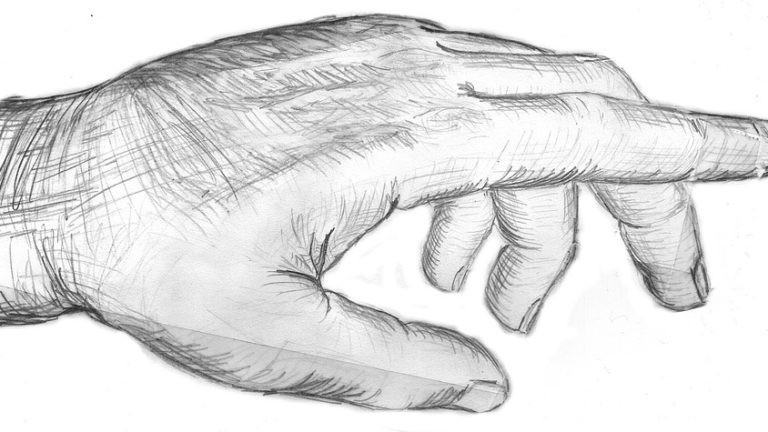Creativity is often viewed as an elusive force, something that some people seem to have in abundance while others struggle to find. However, creativity can be cultivated, especially in aspiring artists looking to hone their skills. Whether you’re a painter, musician, writer, or any other type of creator, these ten essential tips can help you unlock your artistic potential.
1. Embrace Your Unique Voice
Every artist has a distinct perspective and style. Instead of trying to imitate others, focus on what makes you unique. Reflect on your experiences, beliefs, and emotions—these elements can serve as the foundation for your artwork. Authenticity resonates with audiences, so embrace your individuality.
2. Establish a Routine
Creativity thrives on consistency. Set aside dedicated time each day or week for your artistic pursuits. A routine can help you develop discipline, allowing ideas to flow more freely. Whether it’s sketching, writing, or practicing an instrument, a regular schedule can make creativity feel like a natural part of your life.
3. Experiment with Different Mediums
Sometimes, a simple change can unlock new ideas. Explore various art forms—paint with watercolors, try digital art, or experiment with collage or sculpture. Broadening your artistic repertoire can provide fresh inspiration and may lead you to discover new techniques or styles that resonate with you.
4. Take Breaks for Reflection
Creativity is not always about constant output; it’s also about reflection and rejuvenation. Allow yourself time away from your work to recharge. This can help you gain a new perspective on your art and recover from burnout, ensuring that when you return, you’ll be more inspired and focused.
5. Find Inspiration Everywhere
art doesn’t exist in a vacuum. Step outside and observe the world around you. Nature, architecture, music, and conversations can all serve as sources of inspiration. Keep a journal or sketchbook handy to capture ideas whenever they strike, allowing you to draw from them later.
6. Connect with Other Artists
Surrounding yourself with like-minded individuals can foster creativity. Join local art groups, attend workshops, or participate in online forums. Engaging with other artists allows you to share ideas, gain constructive feedback, and discover diverse perspectives that can enrich your own work.
7. Set Realistic Goals
Setting achievable goals can provide a sense of direction and accomplishment. Break larger projects into smaller, manageable tasks. Celebrate your milestones, no matter how small—every step forward is a part of your artistic journey.
8. Learn to Accept Failure
Failure is a natural part of the creative process. Embrace mistakes as opportunities for growth, rather than setbacks. Analyze what didn’t work, learn from it, and apply those lessons to future projects. Remember, some of the greatest artists have created their best work after experiencing failures.
9. Limit Distractions
In our hyper-connected world, distractions can stifle creativity. Identify what interrupts your focus and find ways to eliminate or reduce these interruptions. Create a designated workspace free from distractions where you can immerse yourself fully in your creative endeavors.
10. Keep a Creative Journal
Documenting your thoughts, ideas, and progress can be a fantastic resource. A creative journal allows you to explore concepts, sketch ideas, or jot down lyrics, serving as a repository for inspiration. Revisiting this journal can reignite passion and provide insights into your artistic evolution.
Conclusion
Unlocking creativity is a journey filled with exploration, discovery, and growth. By adopting these ten essential tips, aspiring artists can cultivate a more vibrant and fulfilling creative life. Remember, creativity is not a destination; it’s an ongoing process. Embrace the adventure, and let your unique artistry shine!
